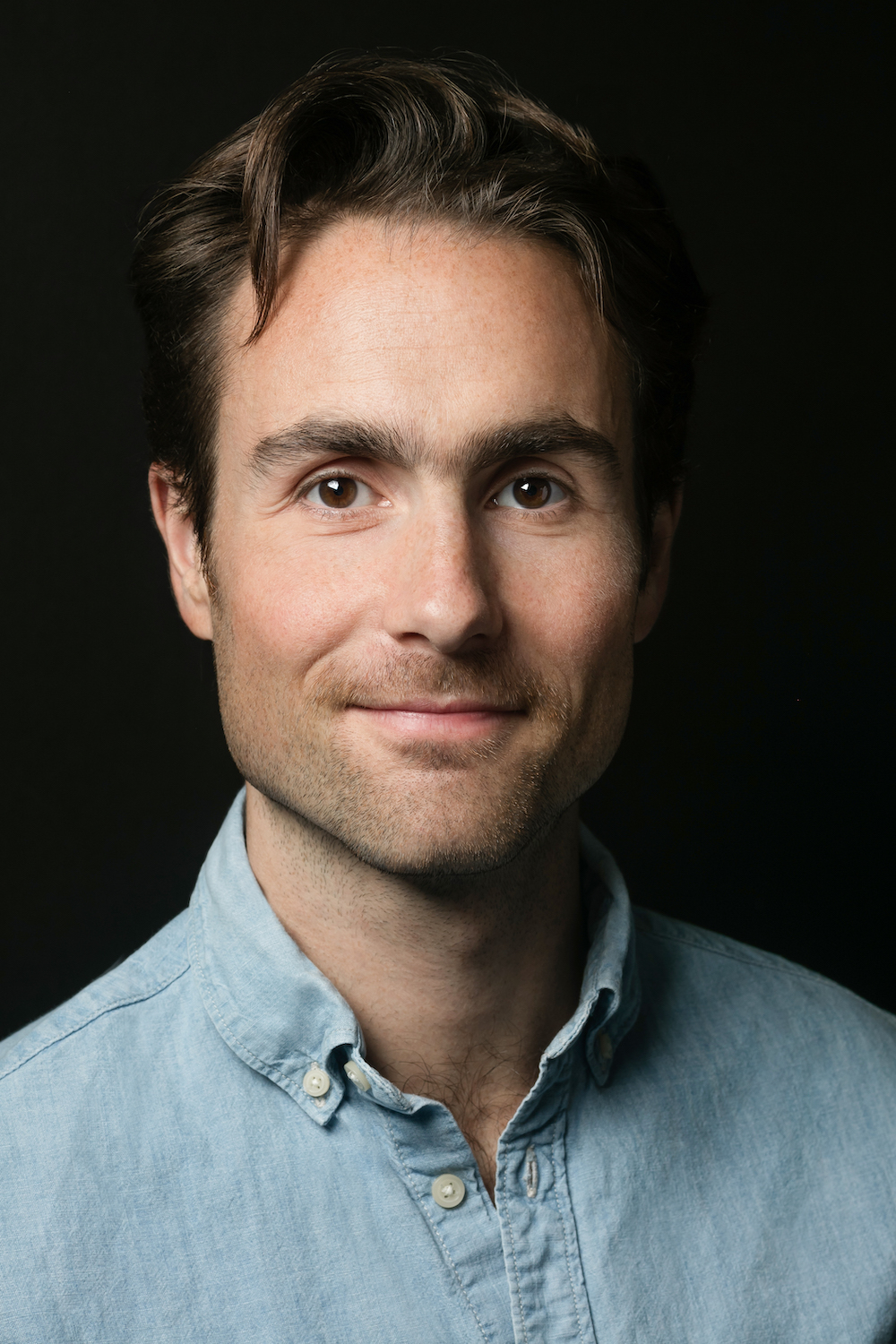New York Times Science Journalist David Wallace-Wells Speaks at the U on International Day of Climate Action
Presented by the Tanner Humanities Center, Tuesday, Oct. 24, at 12 p.m., Marriott Library
by Missy Weeks

David Wallace-Wells
Salt Lake City, UT —"Just how long the ecosystems of Earth will be thrown into flux and disarray from anthropogenic climate change also depends on how much more of that change we choose to engineer—and perhaps how much we can manage to undo," said David Wallace-Wells New York Times science journalist.
The Tanner Humanities Center at the University of Utah is honored to host Wallace-Wells, author of "The Uninhabitable Earth," for the Tanner Lecture on Human Values at the Marriott Library Gould Auditorium, Tuesday, Oct. 24, 2023, at noon. A book signing hosted by The King’s English will follow with copies for purchase.
"We are incredibly lucky to have David Wallace-Wells, one of the nation's foremost journalists, coming to Utah," said Jeremy Rosen, associate director of faculty. "Writing about the climate crisis for the New York Times, he is uniquely positioned to discuss how the stories we tell can intervene in destructive patterns and change the world for the better."
Wallace-Wells' work actively promotes awareness of the complicated realities of a changing climate. He writes a weekly newsletter for The New York Times and has published other thought-provoking pieces in publications like New York Magazine and The Guardian.
"David Wallace-Wells' famous 2017 observation that 'we suffer from an incredible failure of imagination' regarding climate danger makes clear the critical role of journalists and writers in translating the 'timid language of scientific probabilities' into alarm bells ringing too loudly to ignore," said Hollis Robbins, dean of the College of Humanities. "In the Artificial Intelligence era, Wallace-Wells' deeply informed voice inviting us not only to imagine but also act is more necessary than ever."
A leading voice in environmental journalism, Wallace-Wells is best known for his works on the threats of climate change and science communication. His extensive contributions, including the piece "The Uninhabitable Earth" and the subsequent best-selling book of the same name, have served as eye-openers for readers across the globe. Through his narratives, he brings attention to a warming planet and underscores the immediate actions required to mitigate future disasters.
About David Wallace-Wells
David Wallace-Wells is a columnist and staff writer at The New York Times, writing a weekly newsletter on climate change, technology, and the planet's future. He's also written widely on the Covid-19 pandemic, bringing vital reporting and analysis to the science and policy coverage. He was previously the Deputy Editor at New York magazine, where he wrote a column on climate change and where his viral cover story "The Uninhabitable Earth" was met with widespread acclaim, paving the way for his book. Formerly the Deputy Editor of The Paris Review and a National Fellow at the New America Foundation, he was the co-host of the podcast 2038, which interrogated predictions about the next two decades.
About The Tanner Humanities Center
The Tanner Humanities Center advances humanities exploration and engagement through public outreach, academic research, and educational enrichment. The activities reflect a vision of the humanities as relevant, stimulating, and cutting-edge and essential for developing critical thinking, tolerance, and respect on campus and in the community.
About The Tanner Lecture on Human Values
The Tanner Lectures on Human Values are delivered annually at nine institutions: Harvard University, Yale University, Princeton University, University of Michigan, Stanford University, University of California Berkeley, University of Utah, University of Oxford, and University of Cambridge. These lectures aim to advance and reflect on scholarly and scientific learning about human values. This intention embraces the entire range of values pertinent to the human condition, interests, behavior, and aspirations.
MEDIA CONTACTS
Missy Weeks, Tanner Humanities Center
missy.weeks@utah.edu |801-581-8879
Published October 13, 2023
